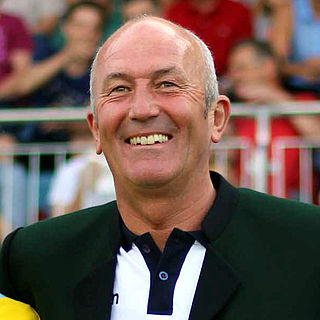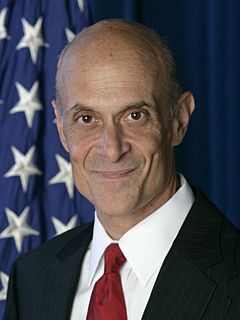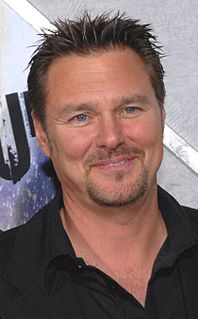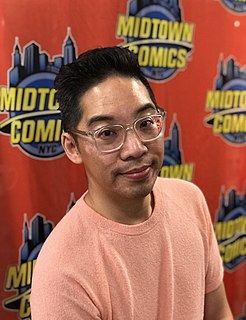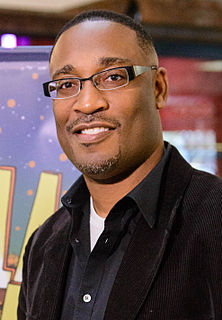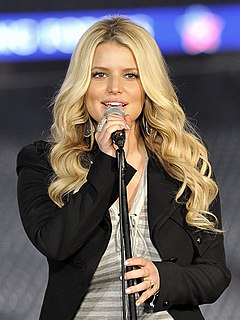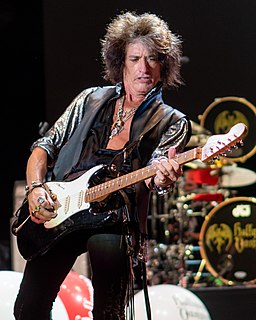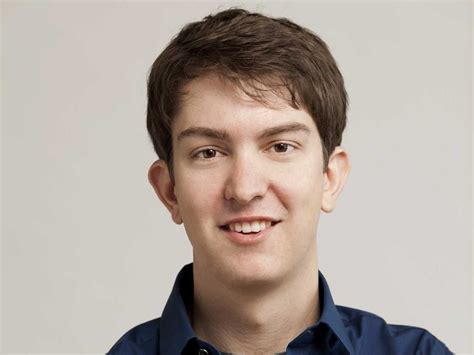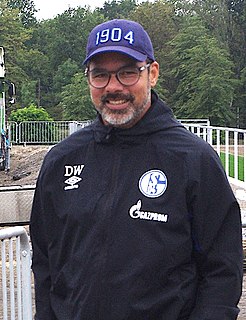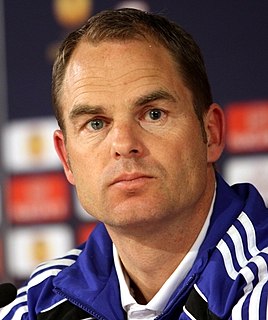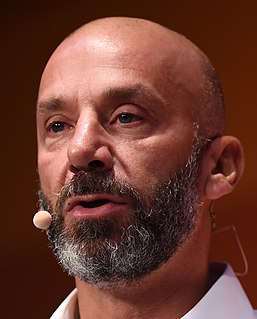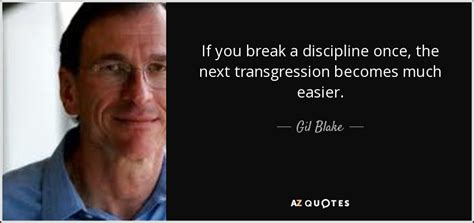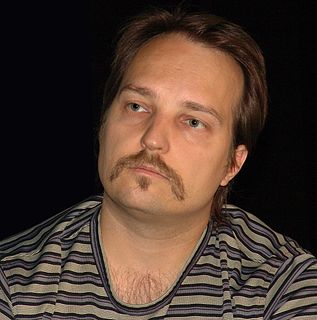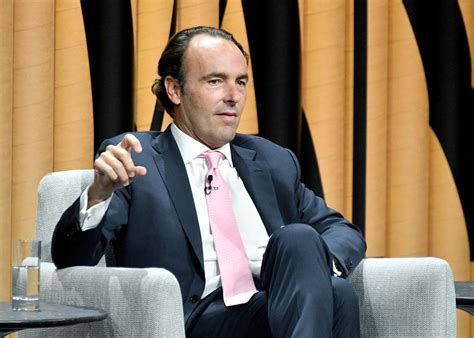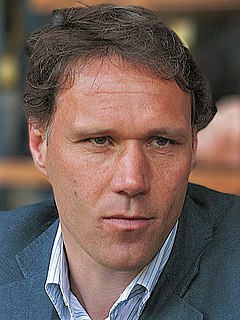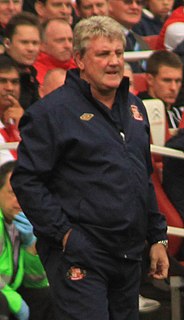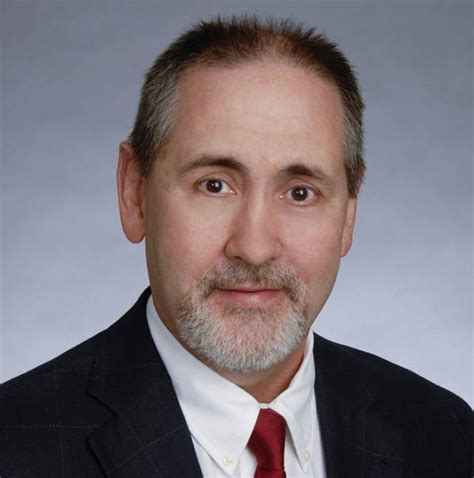A Quote by Tony Pulis
When you have seven grandchildren and you've been around them a while, they soften you up. But there's still that little streak in me that if I need to make sure something has to be done, then it gets done.
Related Quotes
To me, the producer is there to make sure the album gets done and gets done as good as possible. So if that means that you have to help write a bridge or help write a part, that's what you do. If that means you help tune the guitars, then that's what you do. If that means all you do is tell the band their takes are good and they should stop f——— with things, then that's what you do. If it means you don't do anything except make sure the band doesn't fight, then that's what you do. Sometimes it's a little more stressful than others, but for the most part, you just don't complain about it and you just get it done.
Do nondoing, strive for nonstriving, savor the flavorless, regard the small as important, make much of little, repay enmity with virtue; plan for difficulty when it is still easy, do the great while it is still small. The most difficult things in the world must be done while they are easy; the greatest things in the world must be done while they are small.
This is so classic. Government comes along under the guise of fairness, fixes something, gonna make it fair, gonna make it equal, gonna make it affordable, maybe even make it free. What they end up doing is blowing it all to hell, screwing it up worse than it's ever been screwed up, then their voters bellyache and complain about it. And the same Democrats come back and demand that something be done, because their voters need a second chance.
We're told, often enough, that as a species we are poised on the edge of the abyss. It's possible that our puffed-up, prideful intelligence has outstripped our instinct for survival and the road back to safety has already been washed away. In which case there's nothing much to be done. If there is something to be done, then one thing is for sure: those who created the problem will not be the ones who come up with a solution.
I think when I'm 80 years old, 85, hopefully, I'll be pushed around in a wheelchair by a red-headed nurse with panty outline. She'll make me little tequila sunrises and I'll read my complete works then. Then, I'll decide whether I think I've done something good or not. I'll reserve my judgment until then.
You need to identify the steps at which contamination can occur - those are the critical control points. You take steps to make sure that that doesn't happen. And you monitor and evaluate and test to make sure that your system is working properly. And if it's done diligently and done faithfully and monitored carefully, then they're producing safe food. And no astronaut of which I'm aware has ever gotten food poisoning in outer space.
